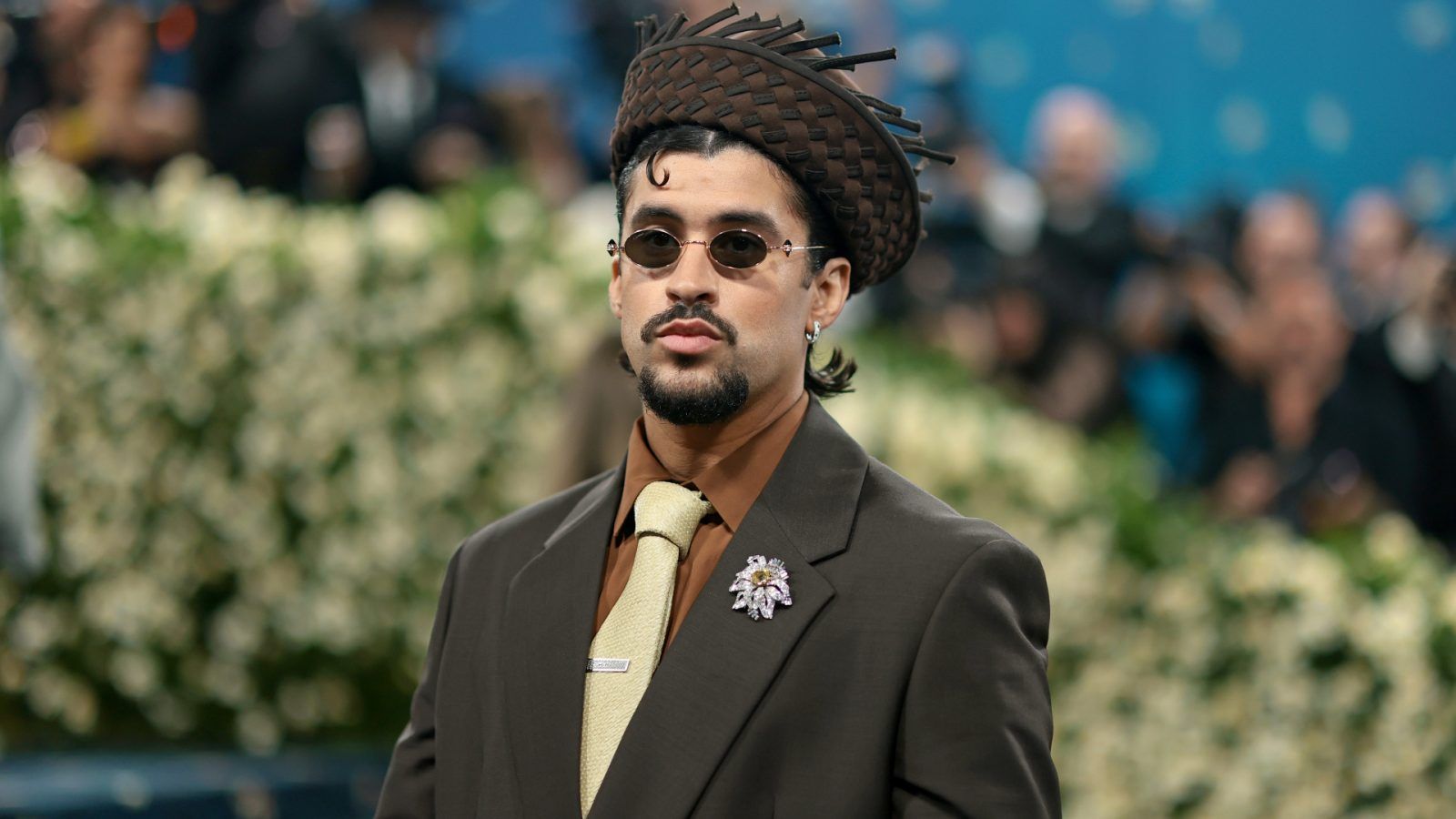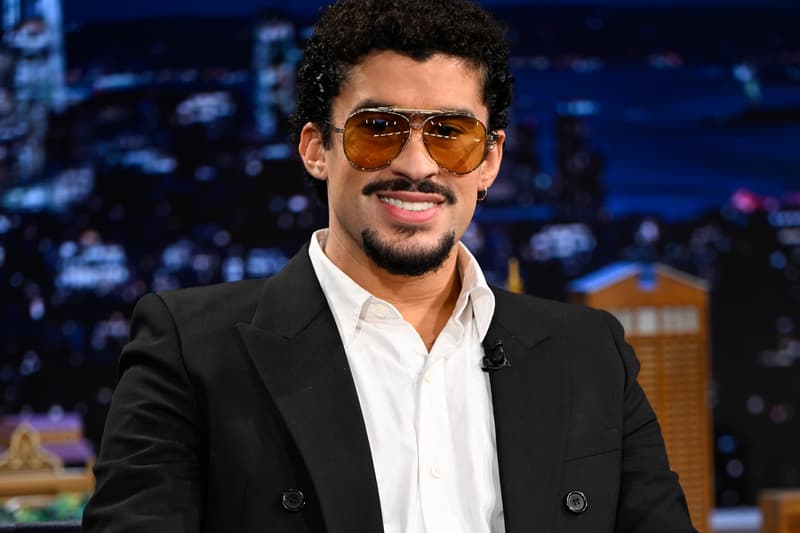BREAKING DRAMA: Cardi B Sparks Firestorm After NFL Picks Bad Bunny for Super Bowl LIX Halftime Show
The NFL thought it was making history when it announced that LGBTQ+ Latin megastar Bad Bunny would headline the Super Bowl LIX Halftime Show in Los Angeles. But what was meant to be a celebration quickly turned into a cultural firestorm, thanks to one explosive reaction: Cardi B’s no-holds-barred critique.

Within hours of the announcement, Cardi B took to social media and unloaded a statement that sent shockwaves across the internet. She blasted the NFL’s decision as “not fitting” for the world’s biggest stage and delivered a line that has since become the center of heated debate:
“Ain’t America got singers of its own? So the NFL ran out of stars already?”
Her words struck like a match, igniting a wave of arguments that has since consumed fans, critics, and industry insiders alike.
A Debate That Split America
The reactions were immediate and intense. Bad Bunny’s supporters hailed the NFL’s decision as a bold move — a recognition of Latin culture, a nod to inclusivity, and a step toward reflecting the true diversity of today’s America. They pointed out that Bad Bunny is one of the most-streamed artists in the world, with a massive following that transcends borders.

But Cardi’s camp saw things differently. To them, the NFL is abandoning its responsibility to showcase U.S. talent on its most patriotic stage. “This isn’t about diversity,” one commenter wrote. “This is about shock value, and the NFL just picked global hype over American pride.”
The Outsider’s Pressure
The announcement places Bad Bunny under immense pressure. He is already considered an “outsider” in many ways: a Latin artist who primarily performs in Spanish, a boundary-pusher with an unconventional style, and a vocal advocate for LGBTQ+ visibility in an industry still rife with conservatism.
The looming question is: will he adjust his performance for mainstream America, or will he double down on his roots?
-
If he performs in Spanish, it could be seen as a defiant cultural statement — bold, but polarizing.
-
If he pivots to English, critics may accuse him of diluting his authenticity just to please the NFL.
And then there’s the matter of guest stars. Will he invite Latin icons like J Balvin or Karol G to strengthen his cultural message, or call on U.S. juggernauts like Drake or Cardi B herself (an irony too delicious for some fans to ignore) to help legitimize him with American audiences?
A Billion-Dollar Stage, A Billion Eyes Watching
The Super Bowl Halftime Show isn’t just another gig — it’s arguably the most high-stakes stage in the world. Careers have been reborn (Beyoncé, Shakira & J-Lo), while others have been scarred by disappointment or backlash (remember The Weeknd’s polarizing reviews?).

For Bad Bunny, the expectations are crushing. One slip, one tone-deaf choice, or one underwhelming set could transform him from global hero to meme-worthy “Super Bowl disaster” overnight. As one critic put it: “The pressure isn’t just on his shoulders — it’s a billion-dollar cultural test.”
Culture War or Cultural Milestone?
Cardi B’s blunt words crystallize a deeper conflict in American entertainment: Should the Super Bowl Halftime Show celebrate global diversity, or remain a showcase for homegrown U.S. talent?
For some, the NFL’s decision represents progress — an acknowledgment that American culture is no longer limited to borders. For others, it feels like a betrayal, sidelining American stars in favor of international controversy.
Either way, with Cardi B’s voice amplifying the drama, the Halftime Show is already shaping up to be one of the most talked-about cultural clashes of the decade.